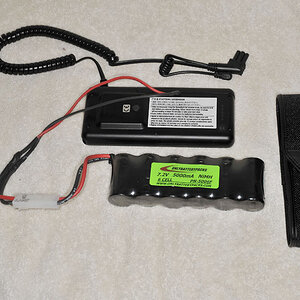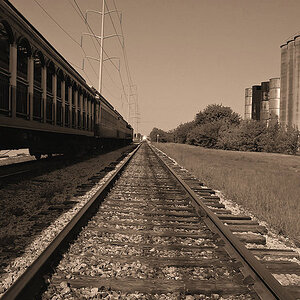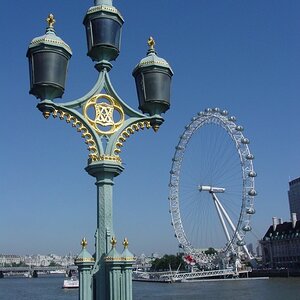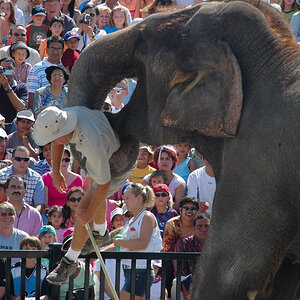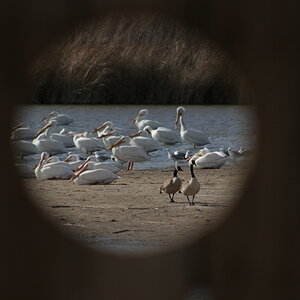photo1x1.com
No longer a newbie, moving up!
- Joined
- Sep 14, 2016
- Messages
- 923
- Reaction score
- 289
- Location
- Austria/Europe
- Website
- www.photo1x1.com
- Can others edit my Photos
- Photos NOT OK to edit
Hey all,
I have tried to answer the question of what is the best beginner camera - or entry-level camera - so often, that I thought it might be wise to do a "real life" entry-level camera test to enable people to make an educated purchase.
I tested 9 entry-level cameras:
CANON t7i (800D)
CANON t7 (1500D or 2000D)
CANON M50
NIKON D5600
NIKON D3500
OLYMPUS OM-D E-M10 III (what a name )
)
FUJI X-T100
SONY a5100
SONY a6000
out of competition for comparison how they stack up:
SONY a7III
CANON 5D MkIII
Here is the first in-depth video about how these cameras performed in regard to focus. I tested different focus scenarios tracking, low light,... with different lenses (two kit lenses, 70-200 f/4 IS, nifty fifty).
I hope this is helpful for people looking for camera recommendations:
Next up will be low light performance, a quick test of the lenses,...
I have tried to answer the question of what is the best beginner camera - or entry-level camera - so often, that I thought it might be wise to do a "real life" entry-level camera test to enable people to make an educated purchase.
I tested 9 entry-level cameras:
CANON t7i (800D)
CANON t7 (1500D or 2000D)
CANON M50
NIKON D5600
NIKON D3500
OLYMPUS OM-D E-M10 III (what a name
FUJI X-T100
SONY a5100
SONY a6000
out of competition for comparison how they stack up:
SONY a7III
CANON 5D MkIII
Here is the first in-depth video about how these cameras performed in regard to focus. I tested different focus scenarios tracking, low light,... with different lenses (two kit lenses, 70-200 f/4 IS, nifty fifty).
I hope this is helpful for people looking for camera recommendations:
Next up will be low light performance, a quick test of the lenses,...


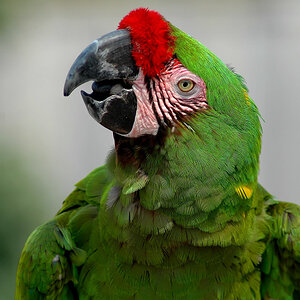
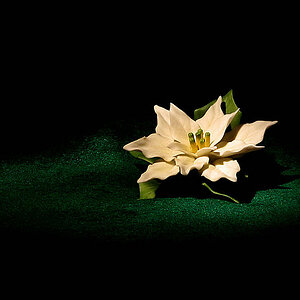
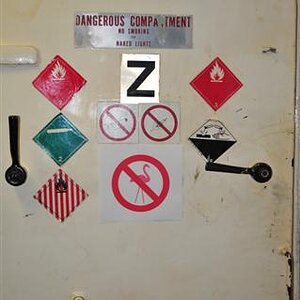
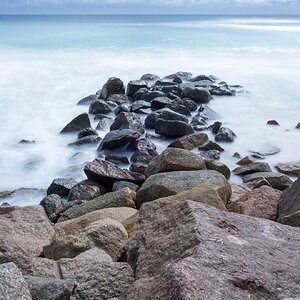
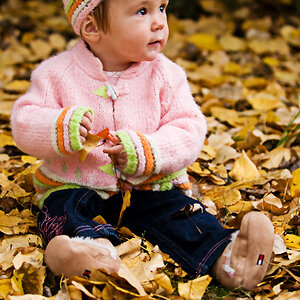
![[No title]](/data/xfmg/thumbnail/32/32634-5acd0e44e1d927b93e8723d9184555d9.jpg?1619735554)
![[No title]](/data/xfmg/thumbnail/32/32633-d833b07b761b12c973eb0d27505935d4.jpg?1619735553)
